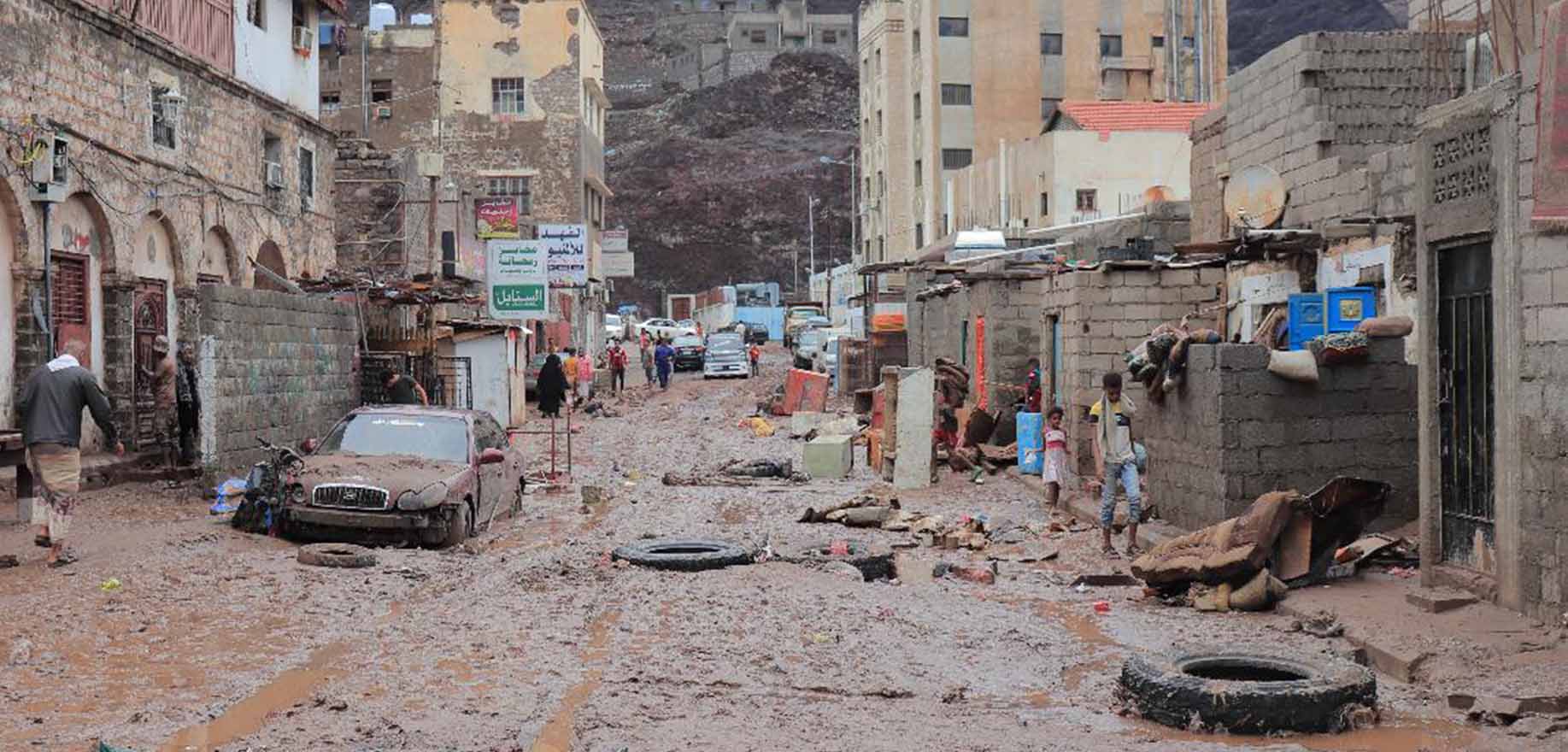Societies in the Face of Covid-19
Nahla Chahal
Professor and researcher in political sociology
Editor in Chief, Assafir Al Arabi
The Covid-19 pandemic has proven that all measures, regulations, and solutions determined by the authorities would remain futile so long as the majority of any given population inhabit crumbling houses, stacked atop each other in small and overpopulated areas, with poorly ventilated spaces, and a nonexistent health infrastructure.
Shantytowns are naturally a primary candidate prone to such conditions; still, other “legal” neighbourhoods also suffer a similar situation. Old or new, these neighbourhoods had been built as popular housing projects and quickly deteriorated. The question of access to clean running water must be noted here, as should the issues of transportation from those neighbourhoods. The latter is often carried out through overcrowded and worn out means of transportation – if available at all, as those, too, are quite scarce.
Through its six articles, this folder tackles the crumbling economic conditions that people suffer, as masks are rendered unaffordable, let alone any kind of medicine, that is, if available in the first place! In most communities of the Arab Region, it would be difficult to speak of a people’s intact state of health – as they have lost any ability to even access food at all! It would be equally difficult to do so especially when considering other pre-existing diseases, some of which are epidemic and serious, while others pertain to questions of public health (like anaemia, for instance, and others), which have persisted long before Covid-19 emerged (and continue to coexist with it or, perhaps regenerate themselves thanks to it), killing people and devastating their immune systems.
Add to that the overall precarious conditions of healthcare institutions, whether those concern proper building structures and essential facilities or medical and nursing staff (which we have addressed in the first folder on the pandemic). These institutions are also prone to both quantitative and qualitative limitations, their services sometimes absent from entire regions, or are horrifically overcrowded in others, with sharp class disparity in their provided services.
Likewise, there’s a huge gap between what’s presumed to be required, proclaimed as “tenets”, and what’s actually made possible and available by those crumbling and incompetent authorities, which parrot, or “translate” in their own manner, everything that international organisations say...
Furthermore, the pandemic has inspired the spread of some common convictions; some people refuse to believe or are paranoid by what their authorities say (which are perceived as liars and proficient in fearmongering for purposes of mass silencing). Such a dimension, political par excellence, plays its own significant role: it inhibits people’s acceptance of the measures announced by the authorities (including vaccination turnout) or enables their negligence or violation of such measures. Likewise, the social conditions in which they live could only encourage people’s carelessness towards the pandemic, considering it to be “one of their many troubles” rather than their most critical.
“Fatalism” plays yet another role in handling the disease, scooped up from an ingrained culture, values, and myths based nowhere in science. Incidentally, this was a trend observed all throughout the world, not just in our region.
Religious occasions – of all religions and sects – are yet another place where many congregated and contamination spread. The power of customs renders giving up social occasions an unacceptable behaviour.
...All such factors have further complicated response efforts to the pandemic.
Iraq
Yemen
What “Precautions” in a Country like Yemen?
02-08-2021


